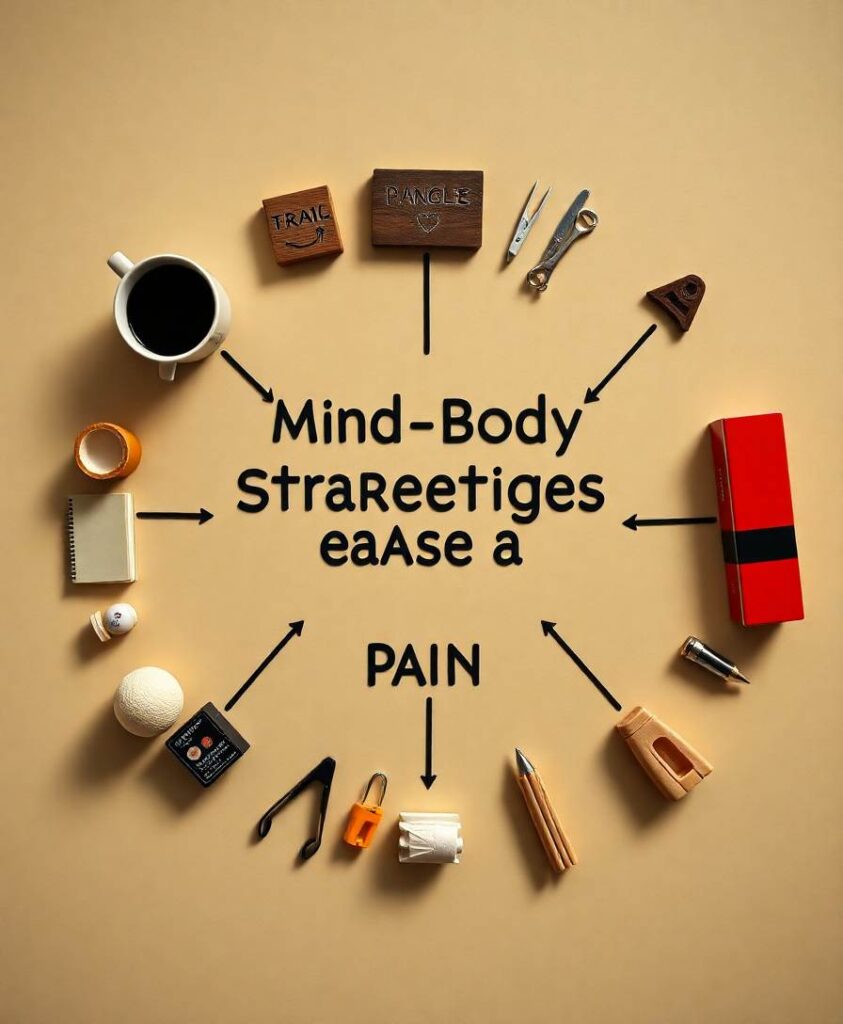BackgroundSince many of the risk factors for cognitive decline can be modified by diet, the study of nutrition and its relationships with cognitive status in aging has increased considerably in recent years. However, there are hardly any studies that have assessed cognitive status using a comprehensive set of neuropsychological tests along with measures of functional capacity and mood and that have related it to nutritional status measured from several nutritional parameters that have shown its relationships with cognitive function.ObjectiveTo test the differences in depressive symptomatology and in several measures of nutritional status between three groups classified according to their cognitive status (CS hereafter).MethodOne hundred thirteen participants from nursing homes in Galicia, Spain, underwent a comprehensive neuropsychological examination, including a general screening test (MMSE) and tests for different cognitive domains along with measures of activities of daily living (ADL) and assessment of depressive symptomatology (GDS-SF). According to established clinical criteria, participants were divided into three CS groups, Cognitively Intact (CI), Mild Cognitive Impairment (MCI), and All-Cause Dementia (ACD). Nutritional status was also examined using blood-derived measures, body mass index (BMI) and a nutritional screening test (MNA-SF). Differences between CS groups in all nutritional variables were studied by one-way ANOVAs with post-hoc Bonferroni correction or Kruskal-Wallis with Games-Howell post-hoc correction when appropriate. Multinomial logistic regression was also applied to test the association between nutritional variables and CS.ResultsDifferences between CS groups were statistically significant for depressive symptomatology, vitamin A and D, albumin, selenium (Se), uric acid (UA), and BMI. The results of multinomial logistic regression found positive associations between groups with better CS and higher concentrations of vitamins A and D, transthyretin (TTR), albumin, Se, and UA, while negative associations were found for BMI.ConclusionHigher serum levels of vitamin A, vitamin D, TTR, albumin, Se, and UA could act as protective factors against cognitive decline, whereas higher BMI could act as a risk factor.


